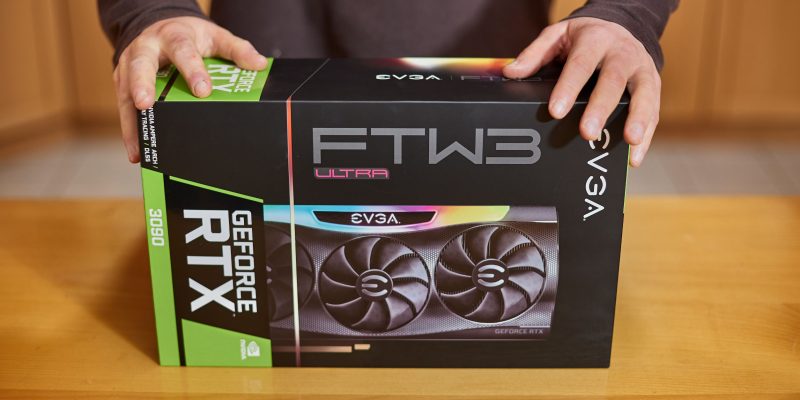
Nvidia Corp (NASDAQ: NVDA) dipped in pre-market trading despite handily beating Wall Street estimates for its third financial quarter and issuing strong guidance that also topped expectations.
This begs the question: why isn’t this positive performance reflected in the company’s share price?
The answer may lie in the psychological concept of the “hedonic treadmill.”
The hedonic treadmill suggests that expectations escalate with each achievement, requiring increasingly significant wins to maintain the same level of satisfaction—or, in Nvidia’s case, stock price appreciation.
Nvidia’s revenue growth has been losing steam
While Nvidia nearly doubled its revenue to $35.1 billion in Q3, representing a substantial 94% year-over-year increase, this impressive growth appears insufficient to impress investors who have become accustomed to even more spectacular results.
The AI chip specialist reported a 122% revenue surge in Q2 and increases exceeding 260% in the two preceding quarters.
Consequently, the focus for NVDA investors isn’t solely on the robust 94% growth in the recent quarter.
Instead, the decelerating revenue growth over the past four quarters has become a source of concern, weighing on the stock price today.
Investors, it seems, are less impressed by current performance and more apprehensive about the trajectory of future growth.
Nvidia forecasts a further slowdown in revenue growth
Investors are a bit upset this morning also because the company’s future guidance does not suggest a reacceleration in revenue growth either.
Nvidia is now calling for $37.5 billion in revenue in its fourth fiscal quarter.
While that’s better than $37.08 billion that experts had forecast – it still just means a rather dull (by Nvidia’s standards) 70% year-on-year growth.
So, for NVDA shareholders, the disappointment is that the company’s current quarter is expected to be its fifth consecutive quarter of decelerating revenue growth.
Pressure on Nvidia stock in premarket “tells you how much the expectations game on Nvidia has been ramped up.
They don’t just have to beat analyst estimates; they got to beat them by 10%,” Aswath Damodaran, finance professor at the Stern School of Business, said in a CNBC interview today.
Should you buy the dip in Nvidia stock?
Nonetheless, investors should note that Nvidia is not new to sinking after a stellar earnings release.
Its share price declined in the near-term following market-beating results for the second quarter as well.
What’s important, however, is that the weakness typically proves to be short-lived as evidenced by a 200% year-to-date rally in NVDA stock.
Nvidia was recently reported to have run into overheating issues with Blackwell.
But the company confirmed last night that it will “deliver more Blackwells this quarter than we had previously estimated,” silencing concerns of a potential slowdown.
So, there’s reason to believe that Nvidia stock may resume its upward trajectory following temporary weakness in Thursday.
The post Nvidia’s own success is standing in the way of its stock price gains appeared first on Invezz











